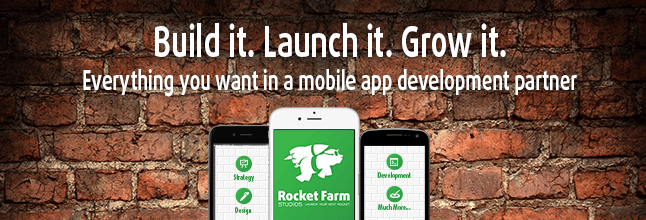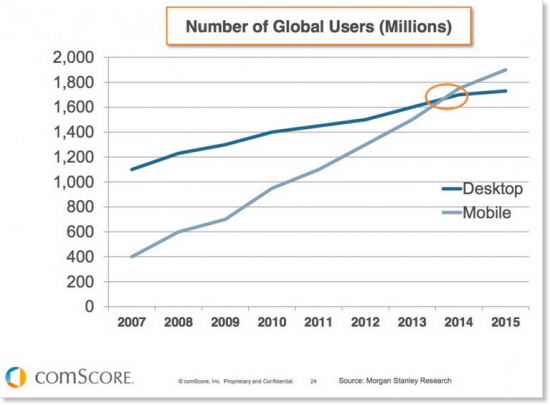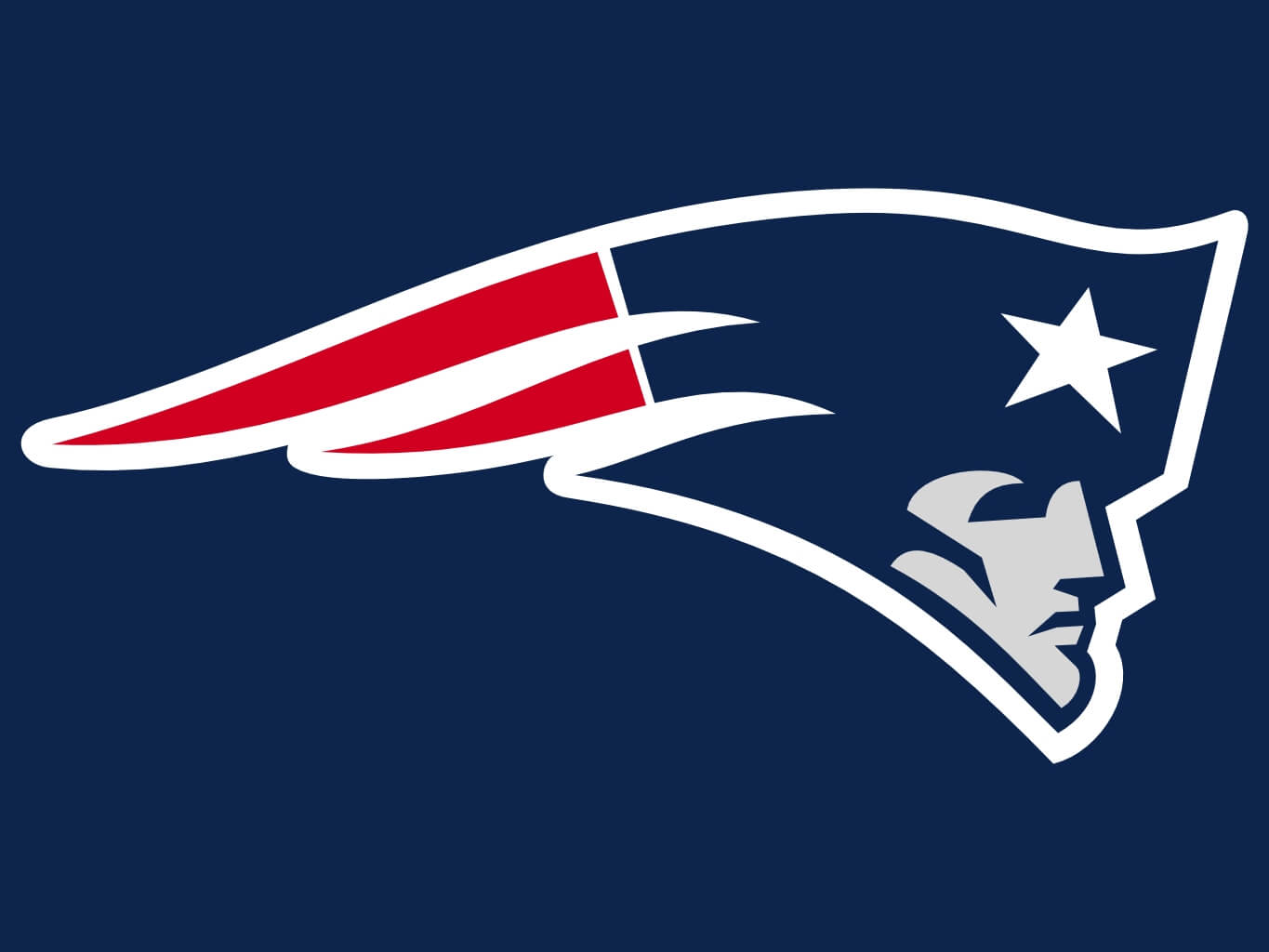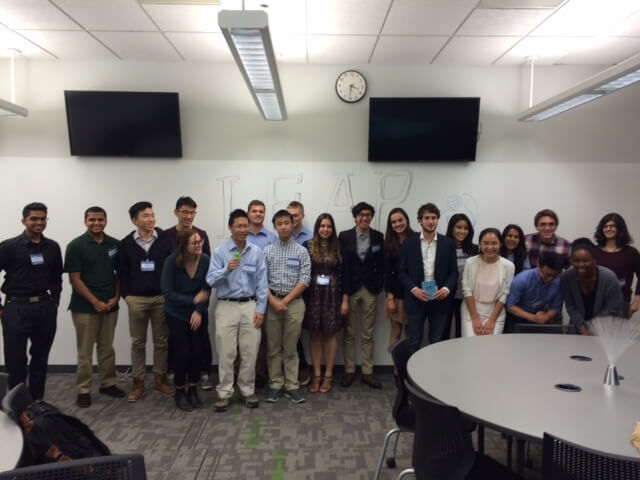If you are thrilled to be home, surrounded by awesome family, sharing hugs and kisses while angels are singing, this isn’t the article for you. Rather, if you’re like me, stuck in a boring city with family you’ve already had pleasantries with and are now looking for a better distraction than arguing about politics for the next week, read on.

Over the years, I’ve become an expert at avoiding family and eeking through the holidays with my sanity intact. Before smartphones, it was stocking up on Blockbuster rentals and alcohol. Well one of those things have changed in the modern era. Here are 6 apps that will help you survive this holiday season.
1. Netflix.
Maybe you do Hulu Plus. Maybe you do HBOGo. Some of you are sadists who do Crackle. For me, Netflix is my go-to during the holidays to disengage from yet another argument about what I really should be doing for a living, and allow me to escape to sweet, sweet digital-Nirvana. Where Arrested Development (even season four) and Master of None can drown out the ambient noise of family, half hour by half hour. “Sorry guys, this just auto-played another episode. Go to Sam’s Club without me.” Ahh, sweet bliss.
2. Twitter.
Facebook is populated by families, yours and mine. Instagram’s just full of Christmas trees, dogs with hats, and poorly-lit family selfies. You can’t escape the holidays on these networks. Twitter, on the other hand, is where the cynics live. There’s no room for long well-wishing messages of hope. You can skip right over any images. Twitter is your best bet for reading all the snarky asides during the holidays, where uncles and aunts can’t find them. Twitter is your inner Grinch’s platform to poop on Whoville, without any risk of your heart growing three sizes. #HomeForChristmas is that sarcastic never-ending feed of tweets that you can commiserate with surreptitiously at the dinner table. And you can always mute the happy ones for a week.
3. Uber.
I don’t have a car here. Stay safe when you drink alone at a bar.
4. Final Fantasy VI.
You can’t watch TV and movies the entire break. I’m running out of Netflix already. Square Enix just released this port of the classic Super Nintendo game on Android and it’s great. The story is immersive enough to make you forget about any and all relationship advice from your family, and at night you dream of having magic powers that can either take you away from all this, or at least transport your cousins to another dimension. The nostalgia is key here. It brings you back to a time when the holidays were still exciting and magical as you unwrapped a Nintendo next to a decorated tree. Instead of now, where you have a virtual log fire streaming from YouTube next to an empty space where the family was too lazy to put up even the plastic tree. At least these tiny mages don’t age.
5. Google Cardboard.
To date, I haven’t found a better app that will captivate family young and old…so you can quietly escape and drink wine in the kitchen. Fire up the app, put it in the head mount, and let them “ooh” and “ahh” and leave you alone. Sure, you’ll have to give up your smartphone for a while, but that’s why you have your tablet computer. And a laptop. And this aforementioned wine. Also, those head mounts are just $12 or so, and they make great presents to distract everyone all week long. I’ve come armed with three this year.
6. Hipmunk.
Maybe I can’t actually buy this earlier flight out of here. But a guy can dream, right? Refresh. Refresh. Refresh.
Happy holidays, everyone. I hope your time with family is swell. I’d provide a link to my Twitter so you can follow the rest of my miserable week, but I don’t want to depress you. Follow us at @RocketFarm instead! Much happier there, I promise.





 Unless your app is somehow completely text-based (and good luck with that), there’s going to be design elements that will require hours and hours of pixel-pushing. From batch resizing to color correction to page layout, there are plenty of mundane and unsexy tasks to be done as a mobile developer. And on those occasions you get a demanding client who can’t stop messing with the design, you’re going to need some extra-strong coffee to get you through the day(s).
Unless your app is somehow completely text-based (and good luck with that), there’s going to be design elements that will require hours and hours of pixel-pushing. From batch resizing to color correction to page layout, there are plenty of mundane and unsexy tasks to be done as a mobile developer. And on those occasions you get a demanding client who can’t stop messing with the design, you’re going to need some extra-strong coffee to get you through the day(s).



